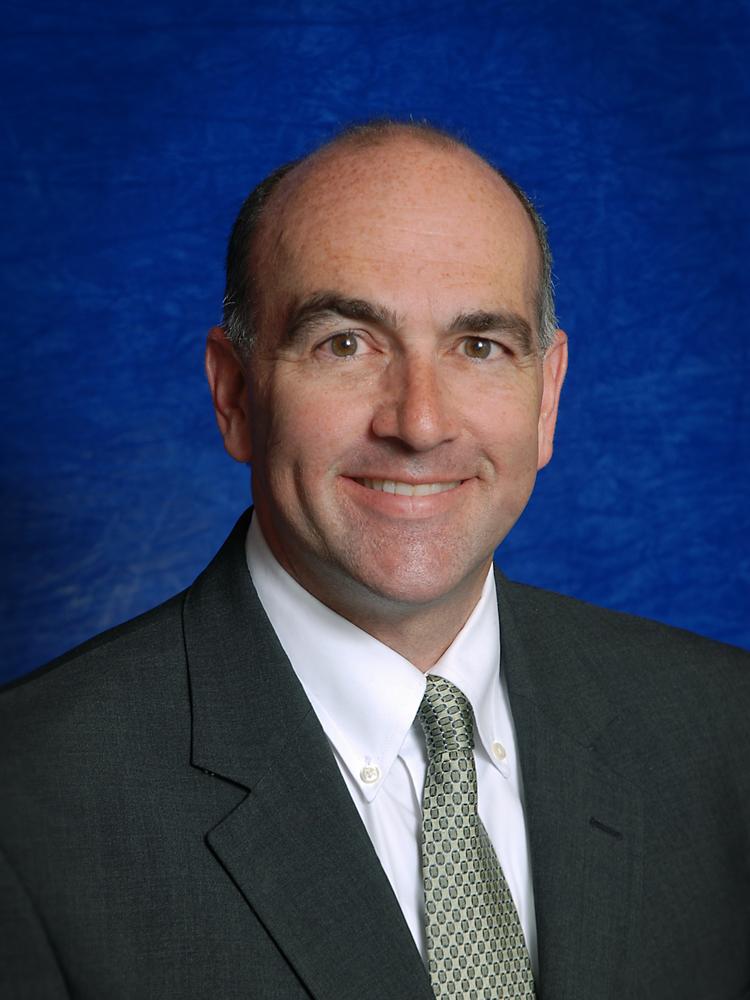The following article was published by Greg Siskind in Memphis Business Journal
In 2014, President Barack Obama announced a plan to address the nation’s broken immigration system. Speaker of the House John Boehner had just informed the President that the two-year effort by Congress to pass a comprehensive immigration reform bill failed — the House would not be voting on S.744, the Senate bill that had passed by a 68-32 vote in 2013.
Both of Tennessee’s Republican Senators, Bob Corker and Lamar Alexander, voted for that bill, and Sen. Corker was credited with being a key broker. Now, the President would go it alone.
S.744 included a plan to legalize millions of undocumented immigrants by allowing them to pay fines and demonstrate they have been in the U.S. for many years, have clean criminal records, speak English and pay taxes. People benefiting from the program would have a long path to citizenship — an interim legal status for 10 years, followed by permanent residency for five years and then eligibility to naturalize. Polling showed that the public was broadly supportive of such a plan.
While the President couldn’t do what Congress proposed, he did propose a plan called Deferred Action for Parents of Americans (DAPA) that he believed was within his executive authority.
DAPA would have allowed individuals who were in the U.S. before 2010, who have U.S. citizen or permanent resident children and who have no criminal records, to be granted relief from deportation for two years and a work card.
It was certainly not the broad relief S.744 provided — no path to citizenship and no guarantee of being allowed to stay permanently — but there were still very important benefits.
Readers know what happened. The state of Texas sued the Obama Administration, claiming that it did not go through the proper rulemaking. A local district court judge issued an injunction stopping the administration from proceeding, the Fifth Circuit agreed, and the U.S. Supreme Courtreached a tie decision, which meant that the lower court decision stands.
That leaves us largely where we are in 2016.
Thousands of Memphians are still living in the shadows, unable to reach their full potential as contributing members of our community. It’s a loss for all of us. Voters will have a stark choice in November about which direction they want the country to go — more stalemate and polarization or finally addressing our broken immigration system. Let us hope this is the year they choose wisely.
Greg Siskind is founding partner of the Memphis-based immigration law firm Siskind Susser PC.

